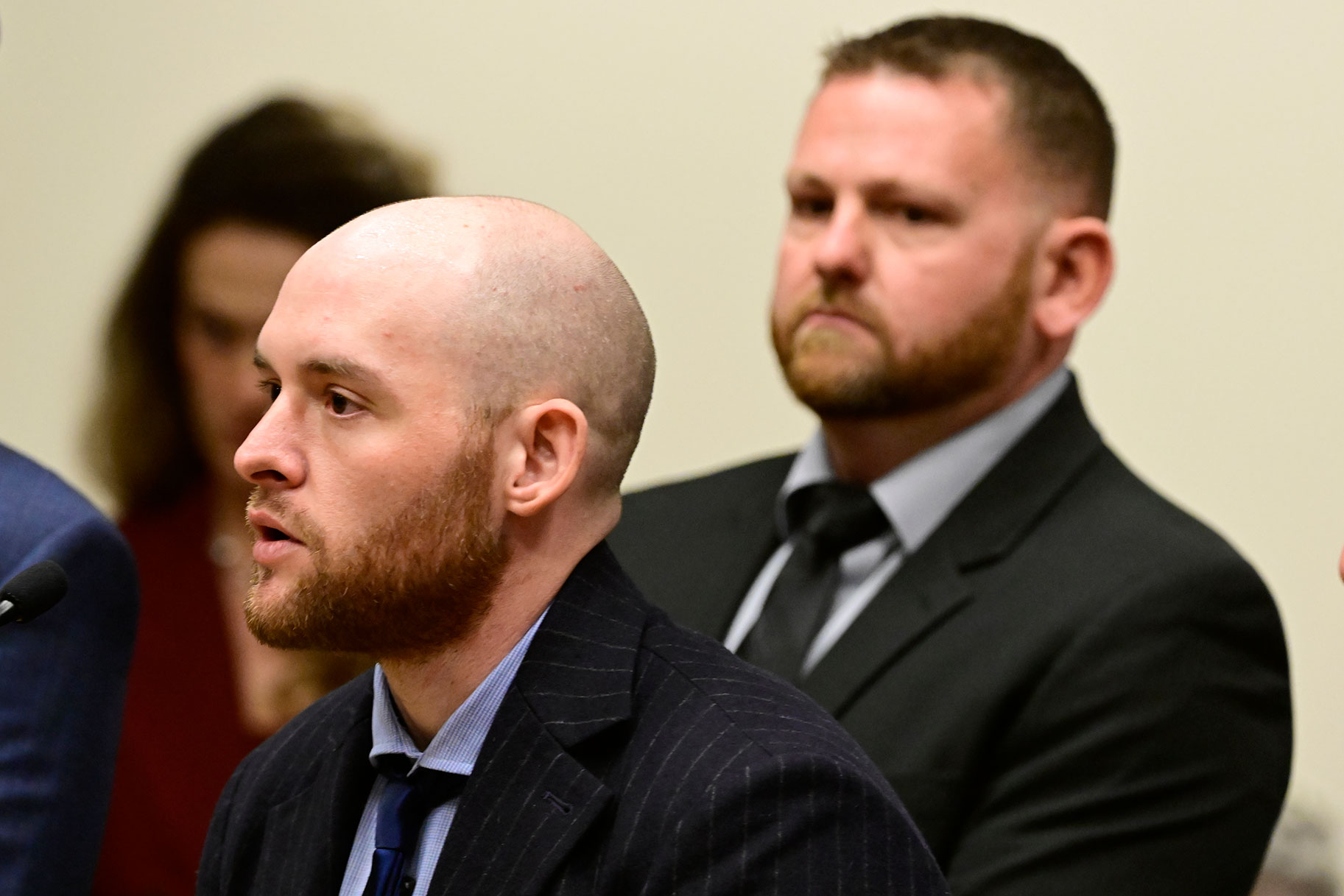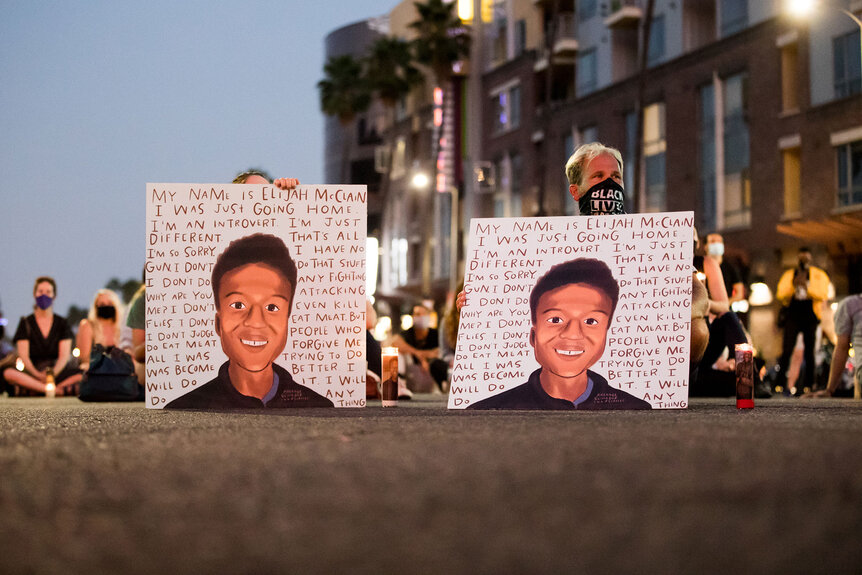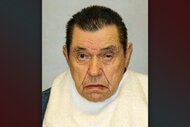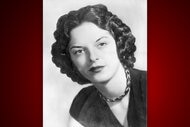Create a free profile to get unlimited access to exclusive videos, breaking news, sweepstakes, and more!
Prosecutors Will Lay Out Case Against Officers in the Death of Elijah McClain in a Denver Suburb
Randy Roedema and Jason Rosenblatt are both charged with criminally negligent homicide, manslaughter and assault. They have pleaded not guilty.

Prosecutors are expected to present opening statements after jury selection wraps up Wednesday in the trial of two police officers charged in the 2019 death of Elijah McClain, a Black man who was detained while walking in a Denver suburb.
In the first of several trials stemming from the death of McClain, lawyers for the two sides are expected to paint contrasting pictures of the deadly struggle between the officers and the 23-year-old, who was stopped by police while returning home from a convenience store. He was unarmed.
RELATED: Amended Autopsy Says Elijah McClain Died Of Paramedic-Administered Ketamine Overdose
One question jurors could be asked to decide is whether it was lawful for officers Randy Roedema and Jason Rosenblatt to detain and use force against McClain, who a 911 caller had reported as being suspicious. If prosecutors can convince jurors the stop was unjustified, that would undermine any argument that McClain’s injuries were a result of the officers just doing their jobs.
Roedema and Rosenblatt are both charged with criminally negligent homicide, manslaughter and assault in a trial expected to last about a month. They have pleaded not guilty but have never spoken publicly about the allegations against them. A third officer and two paramedics facing charges in McClain’s death are scheduled for trial later this year.
Charges were not brought for two years after McClain’s death, by which time the case along with others had sparked outrage and a national reckoning over racial injustice in American policing.
Police stopped McClain on Aug. 24, 2019, while he was walking down a street listening to music in the city of Aurora after a 911 caller reported a man who seemed “sketchy.” McClain, a massage therapist who was often cold, was wearing a ski mask and a jacket despite the warm weather.
RELATED: Elijah McClain’s Family Settles Federal Civil Lawsuit Over His 2019 Death
Officer Nathan Woodyard, who is set to go on trial later this year, was the first to approach McClain, and was soon joined by Roedema and Rosenblatt.
McClain, using earbuds, initially kept walking as he carried a plastic bag and his phone. Within ten seconds, Woodyard put his hands on McClain, turning him around. As McClain tried to escape his grip, Woodyard said, “Relax, or I’m going to have to change this situation.”
The encounter with police quickly escalated, with officers taking him to the ground and putting him in a neck hold. Paramedics arrived and injected McClain with ketamine, a sedative that was legal at the time to give to people showing erratic behavior. McClain subsequently suffered cardiac arrest on the way to the hospital. He was pronounced dead three days later.
The paramedics and officers were also indicted along with the police officers by a state grand jury in 2021 and are also awaiting trial.
RELATED: 3 Aurora Police Officers, 2 Paramedics Indicted In Elijah McClain’s 2019 Killing
The indictments followed an outcry over McClain’s death during protests ignited by the police killing of George Floyd. McClain’s pleading words captured on body camera stating, “I’m an introvert and I’m different,” drew widespread attention after Floyd’s murder in Minneapolis.
In 2019, a local district attorney, Dave Young, decided against prosecuting the officers largely because the coroner’s office could not determine exactly how McClain died. He called McClain’s death “tragic,” but said that finding made it hard to prove that the officers’ actions caused his death.
A revised coroner’s report was issued in 2021, relying in part on information from the grand jury investigation, and found that the cause of death was complications from the powerful sedative ketamine after McClain was forcibly restrained. McClain, who weighed 140 pounds (64 kilograms), overdosed because he received a higher dose of ketamine than recommended for someone of his size, pathologist Stephen Cina found.
“I believe that Mr. McClain would most likely be alive but for the administration of ketamine,” Cina had said.
Cina said he couldn’t rule out whether the stress of being held down by the officers may have contributed to McClain’s death.



























